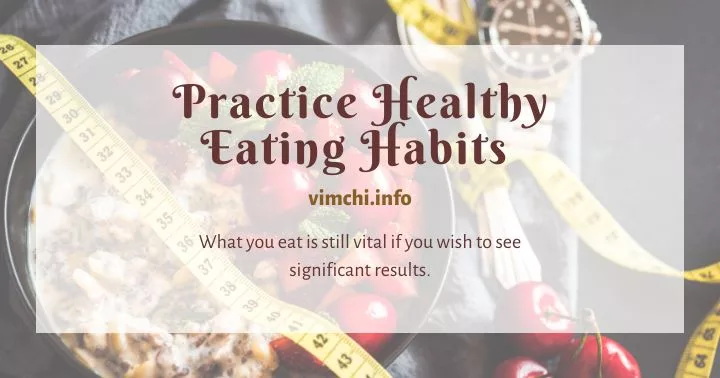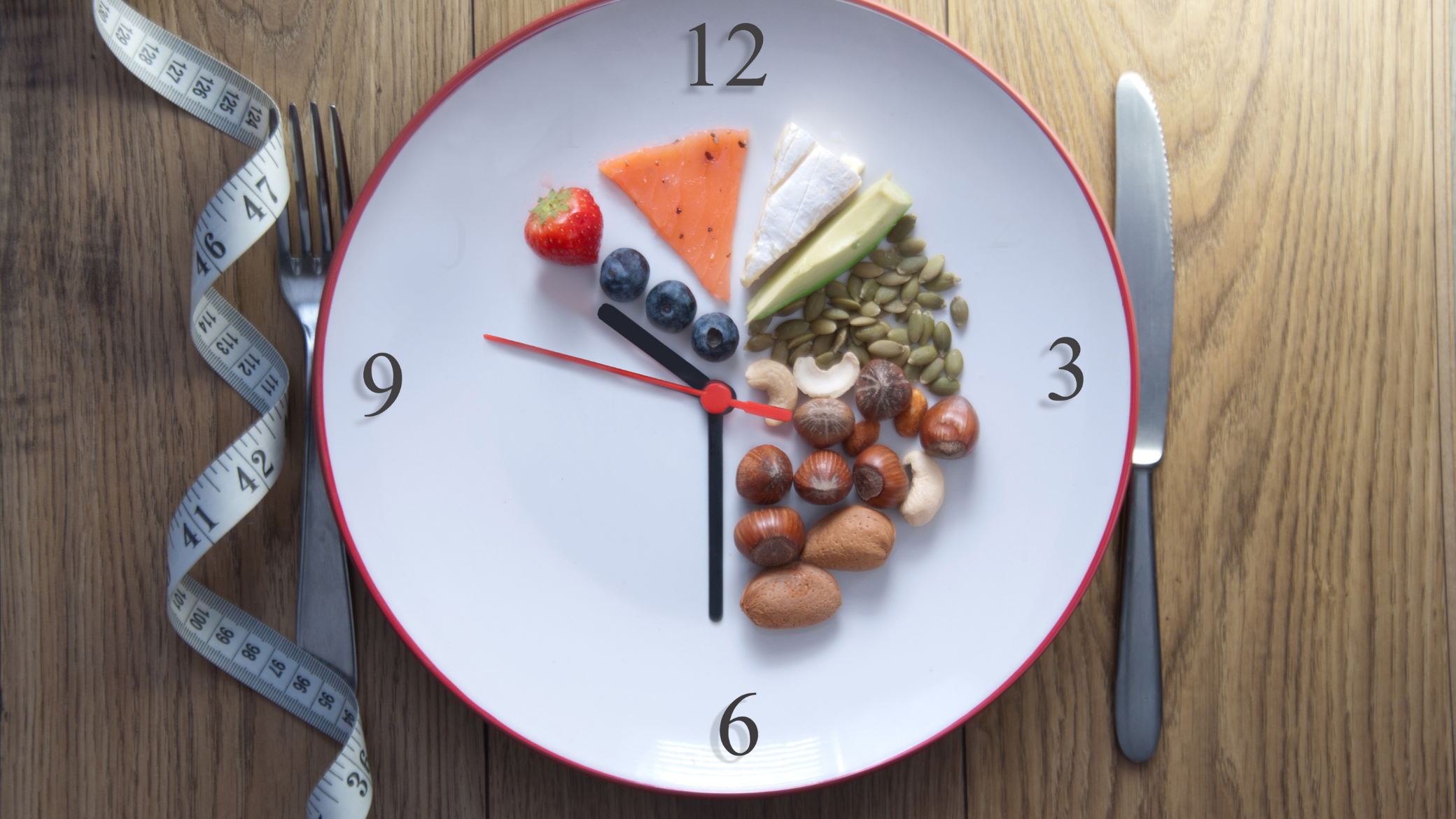Intermittent fasting for women may affect your hormones, like progesterone and estrogen. Does it affect ovulation? How about the menstrual cycle? Is IF still effective for women?
Let’s find out the answers here.

What is Intermittent Fasting for Women and How It Impacts Your Health?
Women can get various benefits from IF.
It includes weight loss, reduced inflammation, improved gut health, decreased appetite, and improved blood pressure, among others.
However, many researchers find that IF for women does not offer similar dramatic results as the results in males.
The reason is in the hormones.
Why?
Fasting is said to make your estrogen and progesterone go down significantly.
How Does Fasting Affect Hormones?
Your estrogen and progesterone levels change throughout your menstrual cycle. The changes are regulated by your gonadotropin-releasing hormone (GnRH).
This hormone is sensitive to various environmental factors.
One of these factors is fasting.
IF can keep GnRH doing its job and releasing all the chemicals required to stimulate estrogen and progesterone.
How to Fast Safely?
As mentioned, IF is beneficial for women. However, it is vital that you approach it safely and mindfully.
Consult with Your Physician
Before you even start a fasting regimen, it is vital to consult with a healthcare professional. This is especially if you have any pre-existing health conditions or concerns.
Keep in mind that IF is not for everyone. Thus, your healthcare provider can help in determining whether or not IF is suitable for you.
Start Slowly
If you are new to fasting, do not jump into extended fasting right away. It means that you must not try OMAD first.
Instead, use shorter fasting periods.
You can try fasting for 12 hours. A 14-hour fasting window is also ideal.
As you become more comfortable, you can increase the duration gradually.
Choose the Right Fasting Method
You should choose a method that aligns with your lifestyle, preferences, and healthy goals.
Stay Hydrated
If you keep forgetting to drink water, use this motivational water bottle.
It is vital to stay hydrated. This is especially true during fasting. You must drink plenty of water throughout the day to maintain optimal hydration levels.
You may drink herbal teas during your fasting period. But you have to remember that herbal teas have calories. In a way, teas can break your fast.
Thus, you should focus on water during your fasting period. Don’t drink anything with calories.
Nourish Your Body
During non-fasting periods, you should focus on eating nutrient-dense foods to nourish your body adequately. These would include a variety of fruits, vegetables, whole grains, lean proteins, and healthy fats in your diet.
Listen to Your Body
You should pay close attention to how your body responds to fasting. If you experience any adverse effects, such as dizziness, weakness, or extreme hunger, consider adjusting your fasting approach or stopping altogether.
Be Mindful of Your Hormonal changes
Your body goes through hormonal fluctuations during your menstrual cycle. You may find it more challenging to fast during certain phases of your cycle.
It is vital to be mindful of these changes and adjust your fasting schedule as needed.
Avoid Fasting During Pregnancy and Breastfeeding
Fasting is generally not recommended during pregnancy and breastfeeding. These periods require sufficient nutrients and calories to support you and your baby’s health.
Focus on Your Health
While weight loss may be a potential benefit of fasting, it must not be the primary focus.
Rather, prioritize the potential health benefits, like improving insulin sensitivity, cellular repair, and autophagy.
Break the Fast Gently
When you end your fasting period, you should opt for easily digestible foods to prevent discomfort and support your body’s transition back to regular eating.
Practice Healthy Eating Habits

Indeed, IF focuses on when you eat. You may hear a lot of people saying that it does not matter what you eat as long as you fast for certain periods.
But what you eat is still vital if you wish to see significant results. Keep in mind that weigh loss only happens through calorie deficit.
In that case, you must cut down on processed foods. Instead, choose to eat lean proteins, fruits, vegetables, and whole grains.
You should also choose your first meal carefully.
Instead of eating foods high in carbs, opt to break your fast with a high-protein food. This will help you avoid blood sugar spikes.
You may also consider eating protein first, fats next, and carbs last.
How Many Hours Should a Woman Do Intermittent Fasting?
It is safe to start with shorter fasts. Fasting for 12 hours a day can be ideal. If you fast for 10 to 16 hours, your body turns its fat stores into energy. It encourages weight loss.
This is ideal for women and beginners. The fasting window is small. Furthermore, fasting occurs during sleep. You can consume the same amount of calories each day.
You can fast between 7 pm and 7 am. It means that your last meal is at 7 pm. You can only eat at 7 am the following day.
The 16:8 Fasting
This is also known as the Leangains diet. You can fast for 16 hours a day. It is helpful if you have tried 12-hour fast but you did not see significant results.
As you limit your feeding window to 8 hours, your body is protected from inflammation and liver diseases.
However, this is a longer fast. You may not want to do this IF method during your menstrual period.
Always listen to your body so you can determine how IF affects your body.
The 5:2 Fasting
In this method, you heat standard amounts of healthy food for 5 days. Then, reduce your calorie intake on the other two days.
During the two fasting days, you can eat but you should limit it to 600 calories.
This method is also known as the Fast diet. A study showed that restricting calories twice a week can lead to significant weight loss.
There are various ways to do IF for women. There is no one plan that will work for everyone, unfortunately. Every result is different from the others.
It is important to note that IF is not suitable for every woman. If you are prone to disordered eating, you should not try IF.
You may also avoid it if you have health conditions, like diabetes. Talk to your doctor first before you even attempt to try one of the IF methods.
IF for Women Affecting Your Body
Intermittent fasting for women can affect your hormones. It is best that you talk to your healthcare provider before attempting to try intermittent fasting. However, if you simply wish to experiment without hurting your body, the safest method is 12 or 13-hour fasting.


Speak Now ... Or Forever Hold Your Peace